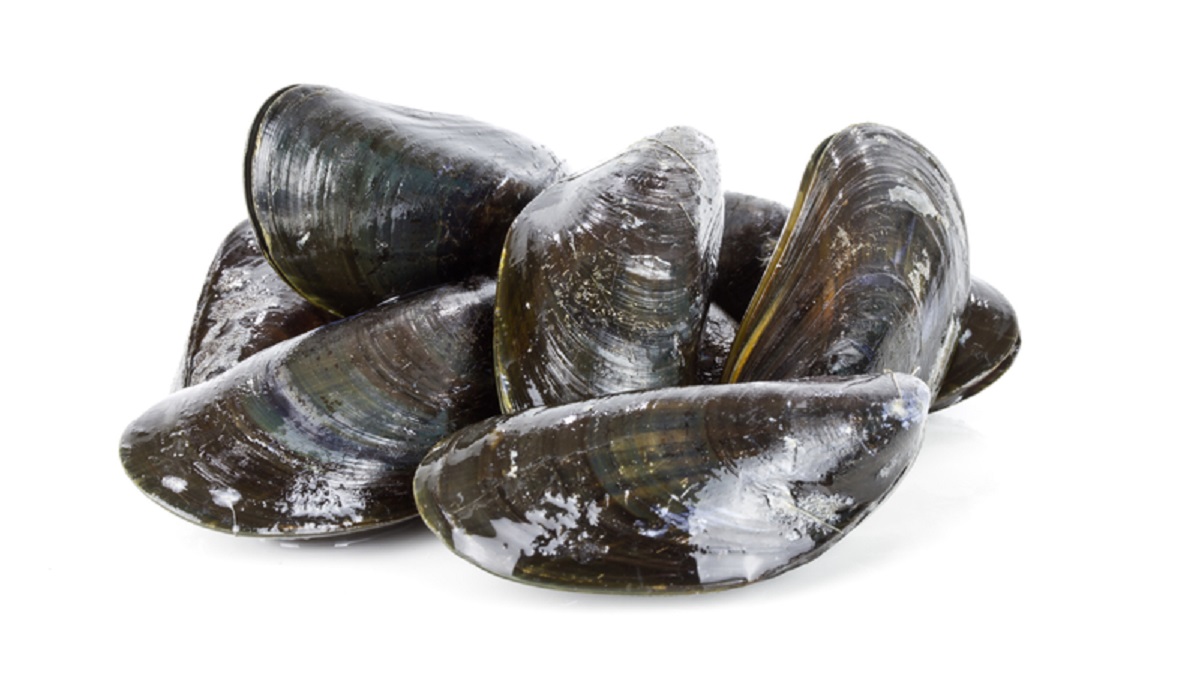
The Food and Drug Administration has issued a warning about certain mussels from Allen’s Fisheries in Newfoundland, Canada, that were imported to the United States.
On March 1 the New Jersey Department of Health advised the FDA of an outbreak of illness associated with consumption of the mussels. The patients experienced symptoms including nausea, vomiting and diarrhea.
The advisory includes mussels from Allen’s Fisheries (NL0047SP) in Newfoundland, Canada, harvested on Feb. 7 (Julian date 24038), from harvest area AQ # 15 Newfoundland, with final harvest date of Feb. 18 (Julian date 24049) and shipped to distributors in Connecticut, Florida, Maryland, Massachusetts, New Jersey, New York and Pennsylvania on or around Feb. 21 (Julian Date 24052).
The FDA is advising restaurants and food retailers not to serve or sell and consumers not to eat the implicated mussels because of possible pathogen or biotoxin contamination. The FDA is awaiting further information on distribution of the mussels and will continue to monitor the investigation and provide assistance to state authorities as needed.
“Contaminated shellfish can cause illness, especially if eaten raw, particularly in people with compromised immune systems. Food contaminated with pathogens or biotoxins may look, smell, and taste normal. Consumers of these products who are experiencing food poisoning symptoms such as diarrhea, stomach pain or cramps, nausea, vomiting or fever should contact their healthcare provider, who should report their symptoms to their local health department,” according to the FDA Warning.
Restaurants and retailers should dispose of any products by throwing them in the garbage or contacting their distributor to arrange for return and destruction.
Restaurants and retailers should also be aware that shellfish may be a source of pathogens and should control the potential for cross-contamination of food processing equipment and the food processing environment. They should follow the steps below:
- Wash hands with warm water and soap following the cleaning and sanitation process.
- Retailers, restaurants, and other food service operators who have processed and packaged any potentially contaminated products need to be concerned about cross-contamination of cutting surfaces and utensils through contact with the potentially contaminated products.
- Retailers that have sold bulk product should clean and sanitize the containers used to hold the product.
(To sign up for a free subscription to Food Safety News,click here)